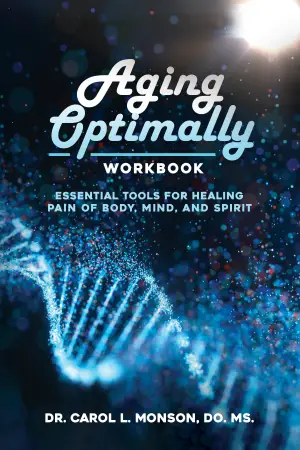Review: Nobody Asked for This by Georgia Toews
When I stumbled upon Georgia Toews’ Nobody Asked for This, I was immediately drawn in by the intriguing yet raw premise. A 23-year-old stand-up comedian navigating the tumultuous waters of grief and friendship in Toronto? Yes, please. As someone who has often turned to humor as a coping mechanism, I felt a genuine curiosity about Virginia Woolard’s journey. What’s more, the notion that Toews refuses to tie everything up in a neat little bow intrigued me—I was ready for some emotional messiness.
At its core, Nobody Asked for This is a searing exploration of early adulthood, and Toews crafts a narrative filled with uncomfortable truths and self-reflection. Virginia is anything but the typical protagonist; her caustic wit masks deep emotional wounds, and her flaws stand out in a refreshingly authentic way. I found myself both laughing and cringing at her sharp observations and deliberate emotional avoidance. It’s a testament to Toews’ skill that I could see pieces of myself in Virginia’s struggle to balance the weight of her mother’s death and the complexities of her relationships.
The tension between Virginia and her roommate Haley forms the emotional heartbeat of the novel. Their friendship, born from shared trauma and adolescent memories, feels both vital and corrosive. Toews dives into the messy nuances of friendship that often exist in real life, filled with unspoken expectations and unresolved feelings. As Virginia reflects, “We failed time and time again at loving each other the way we needed to be loved.” I found this quote hauntingly relatable; it encapsulates the universal challenge of walking alongside someone we care about through their pain, even when our own understanding falters.
One of the most compelling themes in this novel is the persistent undercurrent of grief that refuses to be neatly resolved. Virginia’s dinners with her stepfather, Dale, become a ritual entwined with both nostalgia and heartbreak. The moment Dale mentions selling the family home is particularly striking, revealing how layered grief can resurface in unexpected ways. Toews captures this emotional complexity beautifully; grief isn’t something one “gets over,” but rather something woven into the fabric of our daily lives.
I also appreciated how Toews skillfully employs the comedy scene as a backdrop, where humor serves as both a shield and a weapon. Virginia’s stand-up routines reveal her vulnerabilities even as they hint at the barriers she erects against authentic connection. The tension between leveraging her trauma for laughs and genuinely processing her experiences adds depth to her character, creating moments that made me pause and reflect on my own relationship with humor.
The novel’s strengths are numerous: the sparkling, natural dialogue, the unflinching examination of consent following Virginia’s assault, and a vivid portrayal of Toronto that feels like a character itself. Yet, I did find moments where Virginia’s detachment created barriers to emotional engagement, and some secondary characters felt more sketched than fleshed out. Still, these narrative challenges often mirrored Virginia’s disjointed emotional state, lending a layer of authenticity to her experience.
As I reached the final pages, I was struck by how Toews refused to offer conventional resolutions. Virginia’s journey symbolizes possibility rather than closure, and her fractured friendship with Haley resonates with the quiet pain of disappointment rather than neat reconciliation. The image of Virginia carelessly tossing over Haley’s abandoned dresser serves as a poignant metaphor for the emotional baggage we all carry—sometimes, no matter how carefully we handle things, they break anyway.
Nobody Asked for This is not just a book; it’s a mirror reflecting the struggles and chaos of early adulthood. I believe this novel will resonate with anyone who has navigated the complicated terrain of grief, friendship, and the messy nature of growing up. Toews has crafted a story that invites you into Virginia’s life, leaving you with an undeniable sense of connection and introspection. I can’t recommend it enough!






